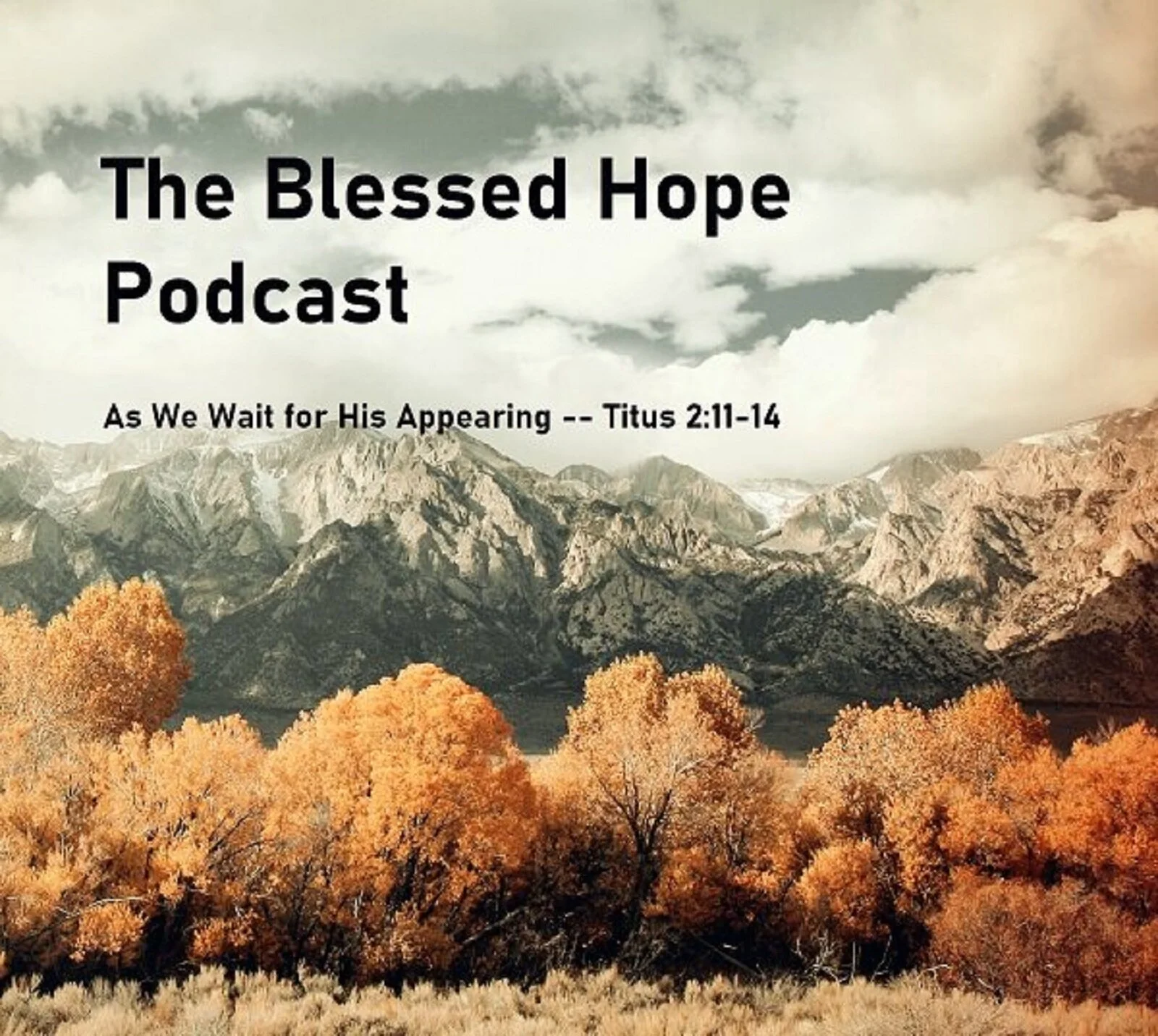With the Israeli-Palestinian conflict heating up, I thought it a good time to check the Rapture Index, something I do periodically to keep tabs on the current state of biblical prophecy punditry. The current Rapture Index level is 188, high enough to “fasten our seat belts.” The Rapture Index low in 2020 was 176—a significant decline from previous highs despite the Covid-19 pandemic. The lower number—if I had to guess—was due to the proprietors’ support of former president Trump.
As long as Trump was president, the Rapture didn’t seem quit as imminent. But Biden is now president, and the situation between the Israelis and the Palestinians is very tense, the index has returned to 188, just short of the all-time high of 189 (in October of 2016).
To read the rest, follow the link below:
Read More



















